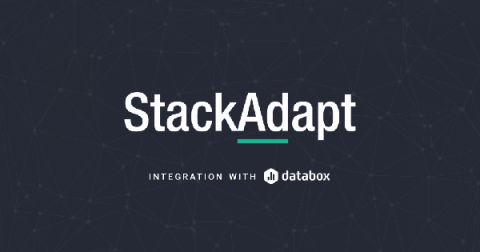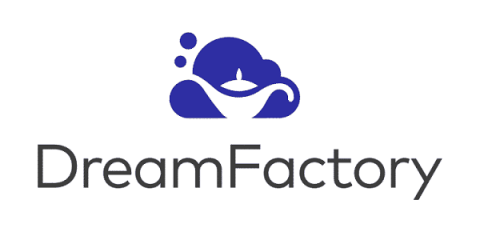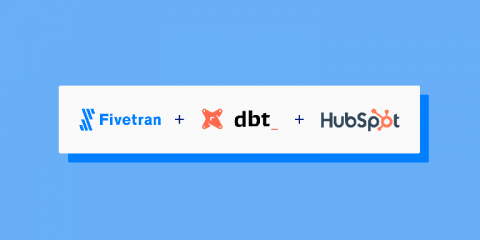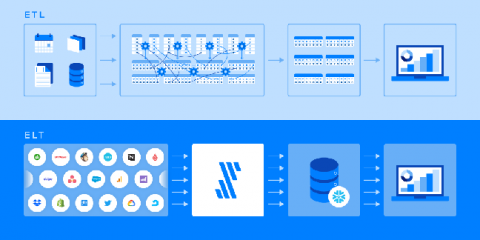Systems | Development | Analytics | API | Testing
%term
Predicting 1st-Day Churn in Real-Time - MLOps Live #7 - With Product Madness (an Aristocrat co.)
Observability For Your Microservices Using Kong, Kubernetes, and Prometheus
New Integration: Monitor Ad Engagement with StackAdapt + Databox
How to Properly Leverage Elasticsearch and User Behavior Analytics for API Security
Kibana and the rest of the ELK stack (Elasticsearch, Kibana, Logstash) is great for parsing and visualizing API logs for a variety of use cases. As an open-source project, it’s free to get started (you need to still factor in any compute and storage cost which is not cheap for analytics).
What is Serverless Computing?
How to Move from Basic to Advanced Marketing Analytics in Four Steps
Advanced marketing analytics can improve campaign relevance, increase customer lifetime value, accelerate insights, reduce acquisition costs, and drive ROI. But moving to advanced analytics requires a thoughtful investment in the right infrastructure for storing, tracking, and analyzing customer data, which can be daunting to companies that only have basic analytics capabilities.
Announcing the Fivetran dbt Package for HubSpot
Use our dbt package for HubSpot to build your sales and marketing dashboards.
A Beginner's Guide to ELT Data Pipelines
Learn why ELT is better than ETL and how you can get started with it.











